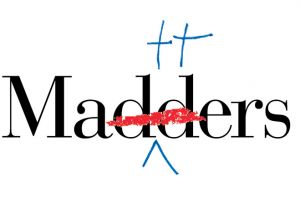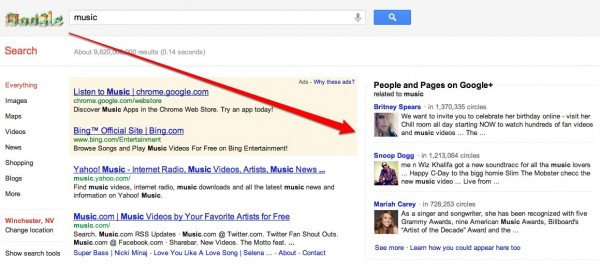Looking over the document, however, I noticed three spelling errors on the first page, one of which was in the candidate’s field of expertise, which she had described as “complimentary medicine.” I glanced at my colleagues. Would anyone else mention it? If not, should I?
I hesitated for two reasons: First, I was the only humanist on a committee of psychologists, and I didn’t want to seem like a nit-picker; and second, I was a newcomer to the institution and unfamiliar with protocol. Still, when everyone else expressed approval of the candidate, I couldn’t stop myself. In my experience, I said, egregious misspellings in a résumé are grounds for instant rejection. When asked for examples, I pointed to the phrase “complimentary medicine.” Two members of the committee still did not see a problem, compelling me to explain the difference between “complimentary” and “complementary.”
Spelling Matters – The Chronicle Review – The Chronicle of Higher Education.


